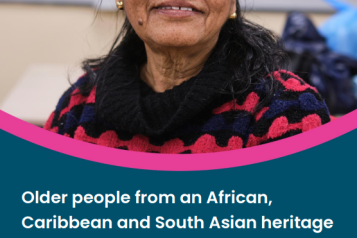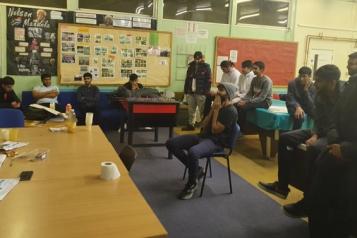Beyond the PHE report and the impact of COVID-19 on People of Colour

Background: Public Health England – racial disparities in the risk and outcomes of COVID-19
Following the peak of the COVID-19 pandemic and emerging data that people of colour (POC) were dying from the disease at disproportionate rates, Health Secretary Matthew Hancock commissioned Public Health England to produce the Disparities in the risk and outcomes of COVID-19 report.
This report brought a widespread public outcry from BAME organisations who highlighted the need for further details and exploration on why People of Colour are dying disproportionately, with concerns that structural inequality was a cause.
The Government then released a detailed report titled, Beyond the data: understanding the impact of COVID-19 on BAME groups. This report shows clearly that POC have higher risk of death compared to white British people – including the particularly stark statistic that people of Bangladeshi ethnicity have around twice the risk of death.

What does this mean in Sheffield?
The racial inequality highlighted in the report was startling and showed that racial disparities do exist – but what does the PHE report mean for the people of Sheffield?
To explore this issue and promote further dialogue on how the city can address health inequalities, Healthwatch Sheffield interviewed four local people. These are the experiences of just four individuals, but by listening to these stories we hope it can support understanding of how we have got to this point, and what needs to change.
Read the interviews
In these interviews, four people tell us about their personal experiences with COVID-19, and the ways in which the crisis has impacted on them. They share their thoughts about racial inequalities in the UK and in Sheffield, linking to health as well as employment, education and more. They also highlight the gaps they see in the Public Health England report and what Sheffield could do to address the issues.

Want to share your own thoughts or experiences?
We know that work is happening in the city to address the inequalities which exist – and we want to support people to have a say in those plans. We hope that by sharing these stories we can encourage more people to speak up about their own experiences, and that by sharing stories we will help decision makers in the city to better understand the impact that has been experienced and inform future action.
This work has been done in partnership with Voluntary Action Sheffield, the host organisation for Healthwatch Sheffield. It relates the views of those we spoke to.


